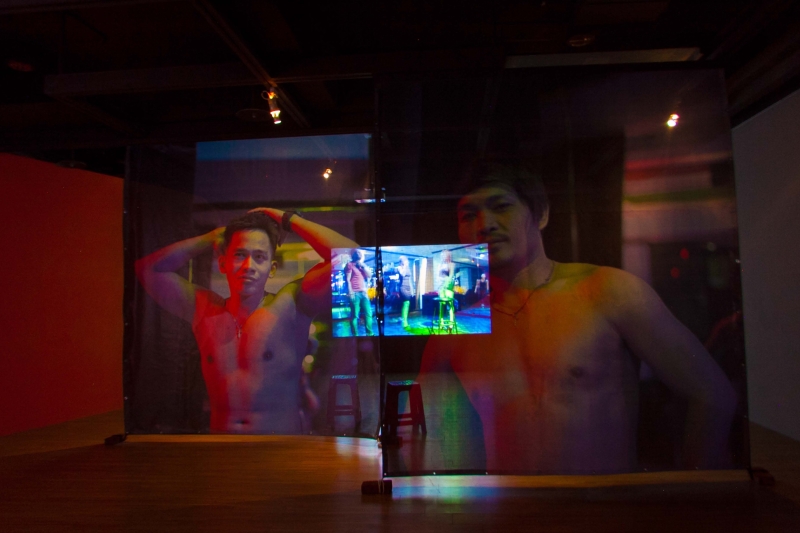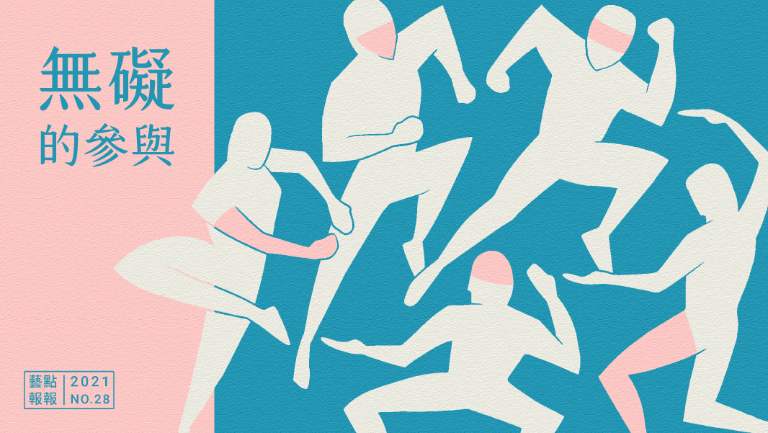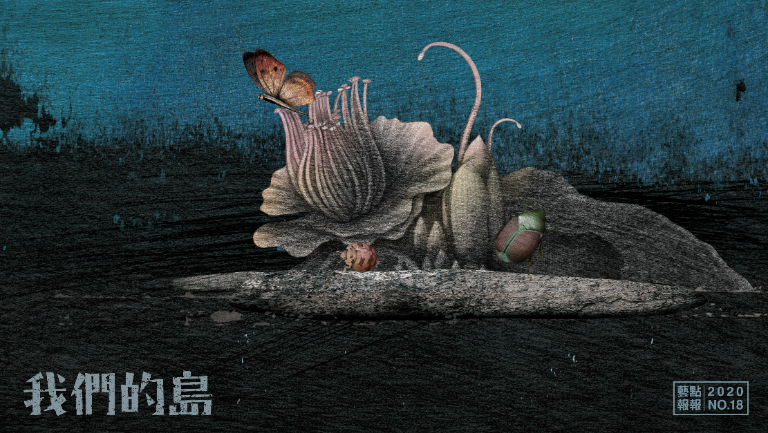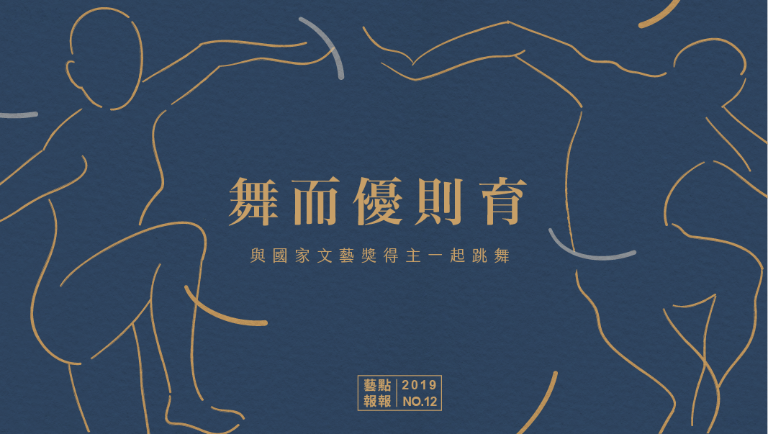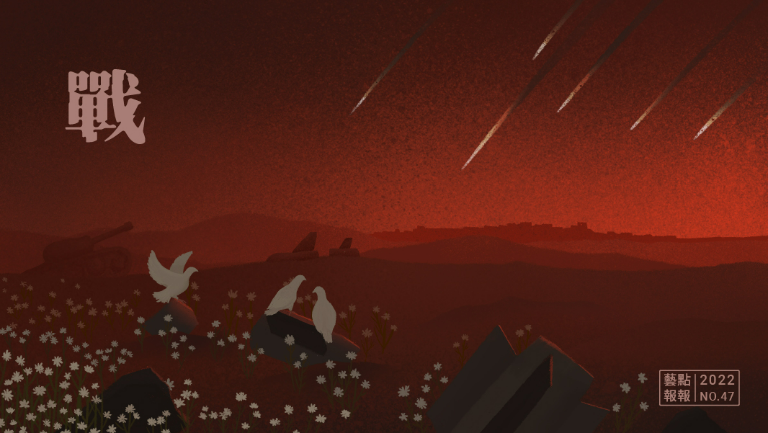"The wind blew her down a crack in the city. There are soil and dust inside the crack. Outside though, one has to endure rain and snow. She makes this tiny crack her home, laying down roots and shooting forth branches. The water of desire nourishes her. A flower then emerges through the crack." —From Desire, Taipei Prose Creation Project by Ping-Gui Liang
This group of women hide behind veils of shadow, only appearing faintly in the dim light, tending lonely souls lost in the darkness. Light the Night brought a large audience's attention to Japanese-style hostess clubs and projected people's fantasies about the adult service sector onto the TV screen. Surrounded by lavish settings and exquisitely dressed women, merry customers raise their cups as they indulge in make-believe love. Viewers also sink into the illusory and transient pleasure of hostess club culture.
Harsh Reality Behind a Veil of Neon
Wearing dazzling outfits, some hostesses even adopt a "no touch" policy, confident in their looks and talents. Earning a high income by working only a few hours appears possible. In reality, most hostesses choose this job due to difficulties encountered in life or unfortunate events from the past. The documentary The Lost Days was shortlisted at the Women Make Waves International Film Festival. It relates the childhood of director Kawah Umei, the separation of her parents, and her relationship with her mother, who left by herself to work at a Japanese-style hostess club in Taipei. Perhaps it was nearly taboo to discuss the occupation of one's mother in society of the time. No one dared to touch on the topic. That's why at the age of 30, Kawah Umei began to use filmmaking as a way to dialogue with her former self and her mother, a kind of self-confessional journey.
Most workers in the host and hostess entertainment industry are women. Nonetheless, there are still a few host clubs and gay bars, and drag shows have risen in popularity in recent years. Television presenter Chia-Chia Peng was invited to perform the role of the female protagonist Li-Ching in the musical The Last Night of Beauty Karaoke written by Jie Zhan. Despite the actor is biologically male, the script centers on a woman. Thanks to Peng's profound grasp of the female psyche, he manages to portray Li-Ching as a charming, gentle mama-san (a woman in charge of a hostess club) well-versed in the ways of the world. He also brings some comic relief and allure to the play. Li-Ching divorces her husband upon discovering he has an affair and sets out to the northern city of Keelung, where she works as a hostess to make a living. She eventually starts her own business, the Li-Ching Karaoke. As a woman, she acts as the emotional pillar of many people, casting away her loneliness to support her friends and customers. She is a kind and steadfast motherly figure. Even when complaining, her words might seem rude or vulgar at first, but are spoken in a nonchalant voice and concluded with a giggle.
Desire, a Side Effect of Urban History
The hostess clubs on Linsen North Road and teahouses in Wanhua District are the most well-known venues for adult services in modern-day Taipei. Li-Ling Yang grew up in Wanhua District, known historically as Bangka. Yang turned her memories from Bangka into the novel Cha-Cha-Cha of Lovely Flowers in Bangka (艋舺戀花恰恰恰). Fact and fiction dance together in this story of murder—who is that prostitute, the most mysterious and gorgeous in all of Bangka? As shrouds of mist clear up, grief and injury are revealed. History, power, and desire intertwine to build the novel's fantasy world, but this intricate web also tells the truth of Bangka's past.
It was around the reign of the Daoguang Emperor in the Qing era that first Bangka and then Twatutia became the largest commercial hubs in northern Taiwan. As a matter of course, taverns and brothels came to abound in these areas. Geisha culture was imported from Japan to Taiwan in the Japanese colonial era, leading to the birth of Taiwanese-born geisha entertainers. The Korean war erupted soon after the retreat of the Republic of China's Nationalist government to Taiwan. Taiwan then signed a mutual assistance treaty with the United States and U.S. troops began to be stationed in Taiwan. Thanks to preferential treatment by local governments and the abundant financial resources available to U.S. soldiers, adult-rated clubs and bars sprouted up like weeds in Taipei. Fang-Yu Shih's Sedan Chairs, Ox Carts and Vespas: Four Centuries of Love in Taiwan traces the changes in romantic views across four centuries of Taiwan's history, from Dutch Formosa to the Internet era, including the evolution of prostitution in Taiwan.
Women who provide sexual services have went by many names in the past, "yujos", "geishas", "comfort women", "attendants", "waitresses", "tea girls", "liquor house girls", "bar girls", "licensed sex workers", and so forth. Their identity and social position has also varied with each era. Artist Orlando Mengwen Huang has long been interested in gender equality studies. In her solo exhibition and research project Herstory under the flying flag, she explored the role of women who served their nation by offering their bodies, from the Japanese colonial era to the post-Cold War period in Taiwan. We might never know their real names; their pseudonyms are all that's left. Their trade was associated with moral dirtiness and lechery in the past. Their true identities and contributions have been forgotten by history despite their sacrifices for their country.
Female Body as Political Capital
A survey across history will easily show us that subduing the female body has often been a means for the "other" to reach their goal, beyond the social or political sphere. Comfort women easily come to mind when discussing women's historical sexual exploitation. This was a form of sexual slavery instituted to provide Japanese soldiers with a sexual outlet. Most comfort women came from Japan or Japan's colonies across Asia. Inred Liang wrote the script The Dress of Queen Mary inspired on the Japanese comfort woman Yokohama Mary. Fictional and real-life Mary only wished to be a regular girl, a plain Jane who would marry and have children like every other woman. Never did she imagine that history would scar her for life. She would wear a white dress and puff her face with a thick layer of white every day, nonetheless, pining for her lover from the past. Silence was her means of resisting such cruel, cold-blooded reality.
World War II also gave rise to an incident dubbed "Tokyo Rose": Japan hired female English-speaking radio broadcasters to make propaganda that would demoralize U.S. troops in the Pacific. In sweet, sultry voices, these women would narrate wartime incidents, tell stories, and play popular music, all to glorify the Japanese government. Ting-Jung Chen's solo exhibition Harmonielehre is based on this historical happening. The piece If She Is Not Sitting in the Room assembled popular songs sung by women in 1930-70 that served as political propaganda and turned them into an immersive visual and aural space. The Chinese title of the exhibition, "諧波失真" (xiebo shizhen), means "harmonic distortion" and refers to the physical phenomenon where audio waves are rendered inaccurately due to incomplete transformation of a signal in the process of sound amplification. The most astonishing thing is that such shortcomings and distortion make listeners feel a sense of warmth and ease when manifested in the vocalization of women, creating false contentment through alteration and deviation.
Back to the Present to Contemplate the Future
Teahouses in Wanhua District were at the center of heated discussion during the COVID-19 pandemic in 2021. In June 2022, the last legal brothel in Taiwan, Tientienle, closed its doors due to waning business in face of the pandemic. Taiwan's sex industry can now be said to be entirely underground and illegal. Located in Datong District, Taipei City, Wenmenglou is a city-designated historic site with great historical significance to Taiwan's sex industry. It began operating as a museum in May of the same year. According to Reminiscence: 2021 Guidebook for Wenmenglou, Old Brothel and City-Designated Historic Site on Guisui Street, Wenmenglou was built in the 1930s during the Japanese colonial period and eventually became a bordello around 1941. It is most iconic for its role in the movement against the illegalization of sex work in 1997—it served as the base for those fighting to protect the rights of sex workers. Guisui Street, where Wenmenglou still stands today, used to house a large number of brothels. The recognition of Wenmenglou's historical value also shines a hope that in the future, widespread prejudice against sex and sex workers can be dispelled, thus promoting gender equality and sex education.
Many traditional adult service venues have fallen prey to natural selection and perished in recent years. Yet this should not be misunderstood: sexual desire will not vanish alongside legal restrictions imposed. This type of behavior will continue to take place under the radar. Ping-Gui Liang's Desire, Taipei Prose Creation Project describes the five most popular divisions of Taiwan's sex industry from a second-person perspective. The writer takes readers into the dark alleys of the city from the perspective of a male customer and a procurer, not shying away from that dimmest of lights. The male protagonist in the story seeks information and contacts relevant people through social media sites and platforms. Business owners and sex workers have also developed unique online jargon in order to dodge law enforcement officers, and their workplaces have attack and defense strategies to deal with police searches. The forms of sex work evolve constantly with the times. What hasn't changed is its enduring position as something out of public sight, unable to be faced positively. The absence of clear labor laws in the sex industry also places workers at greater risk of unreasonable treatment and exploitation. Even if the law stipulates that prostitution is permitted in "special zones", implementation has been bumpy, to put it mildly.
The fight for gender equality in present-day Taiwan is not a clamorous struggle as before. It seeks peaceful and rational communication instead. This is highlighted by our exploration of more complex modes of gender, sexual preference, and gender identity. It teaches us that our conceptions will very likely shift with the passing of time. People's way of satisfying their sexual desire is also transforming, yielding all sorts of new methods and tools, such as social media, dating apps, and so forth. These are already a matter of personal choice, an extension of one's free will, as we seek to maintain a balance between daily life, emotions, and desire. The differences between people sometimes give rise to stereotypes inadvertently. It cannot be helped. Our duty is to contemplate how to avoid the distortion of facts that leads to radical, prejudiced views, either in our day-to-day or inside the digital world. Understanding will enable us to accept the diversity and complexity of life in this world.
Further Readings
"Questioning Ideal and Reality Amidst Distortion and Deviation: Harmonielehre Ting Jung Chen Solo Exhibition", NCAF Online Magazine
https://mag.ncafroc.org.tw/article_detail.html?id=297ef7227cc60ebf017cdebdbda50001
A Cliché Play Tailor-Made for Actor Chia-Chia Peng—Revisiting Nostalgia in The Last Night of Beauty Karaoke, NCAF Online Magazine
https://pareviews.ncafroc.org.tw/?p=74274
https://mag.ncafroc.org.tw/article_detail.html?id=297ef7227cc60ebf017cdebdbda50001
A Cliché Play Tailor-Made for Actor Chia-Chia Peng—Revisiting Nostalgia in The Last Night of Beauty Karaoke, NCAF Online Magazine
https://pareviews.ncafroc.org.tw/?p=74274
*Translator: Linguitronics

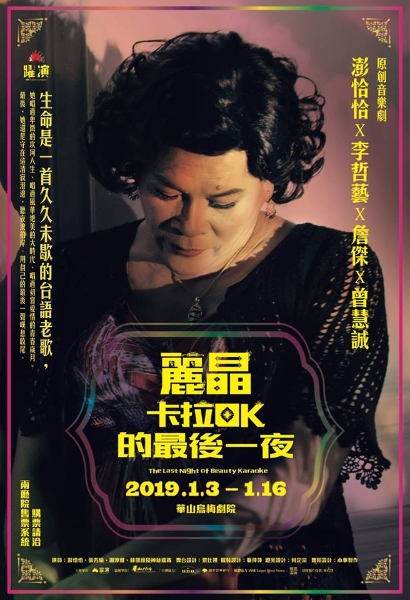
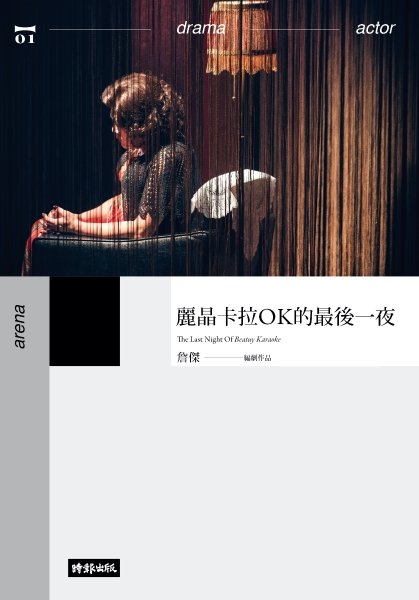
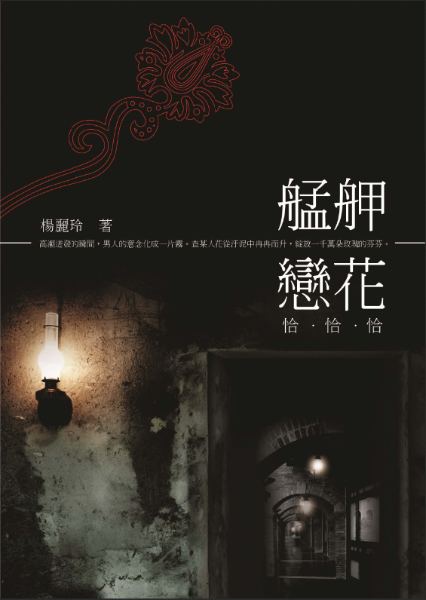
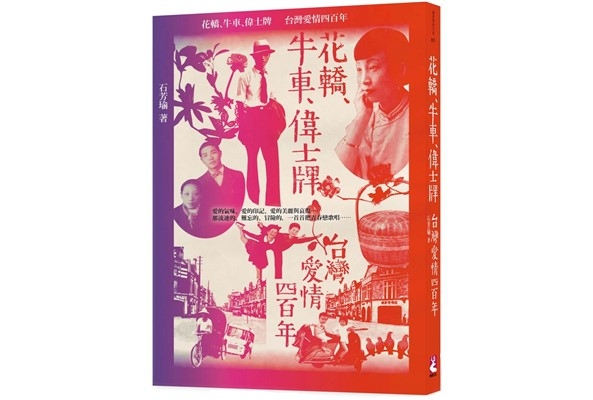
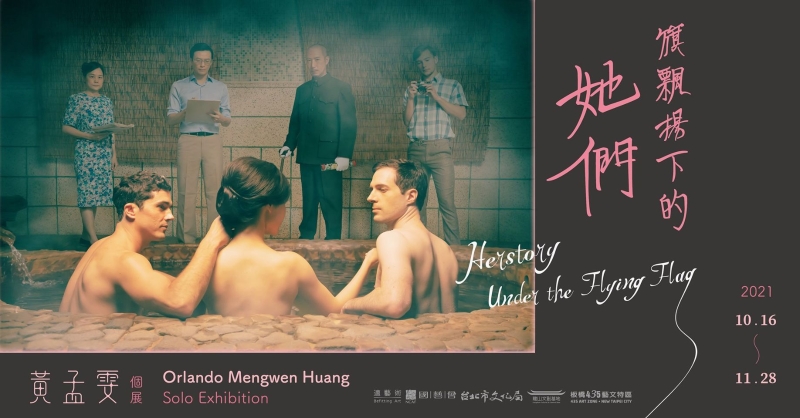
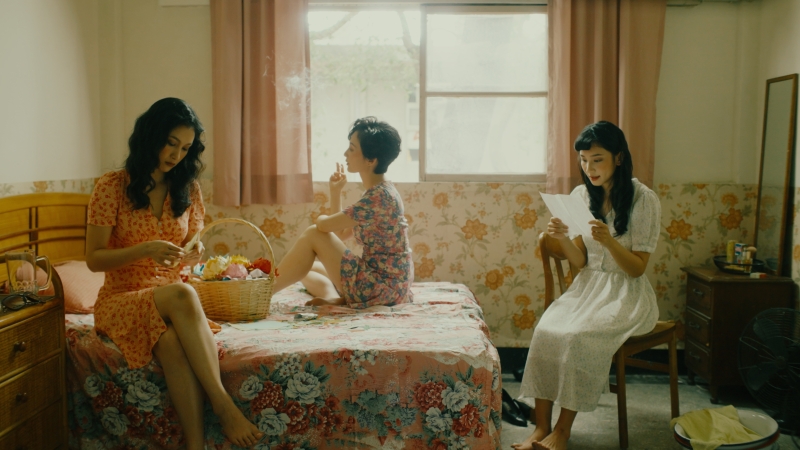
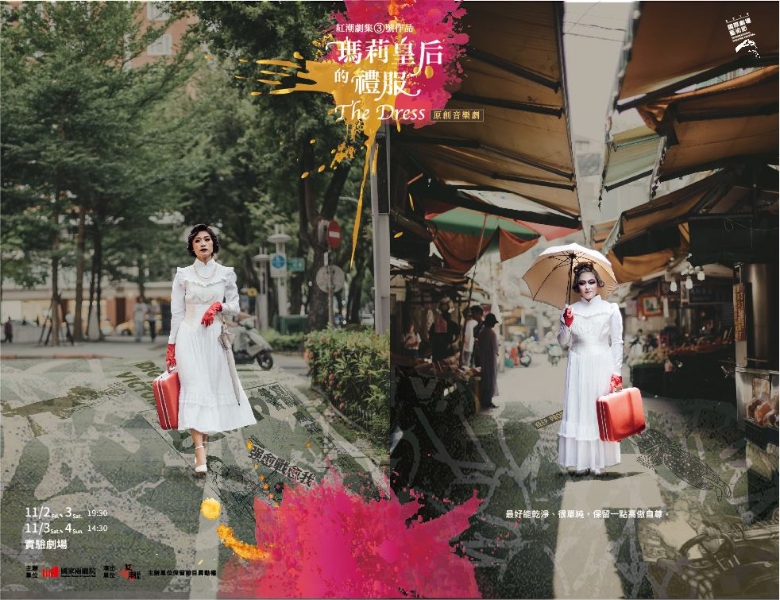
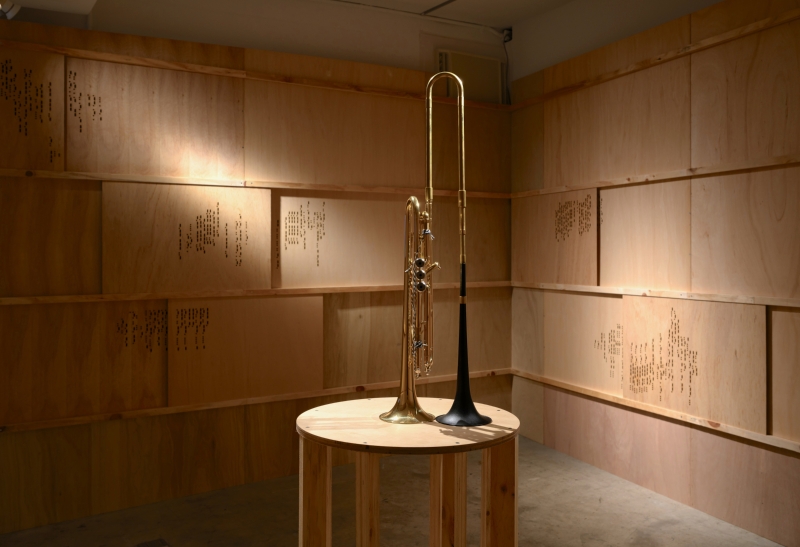
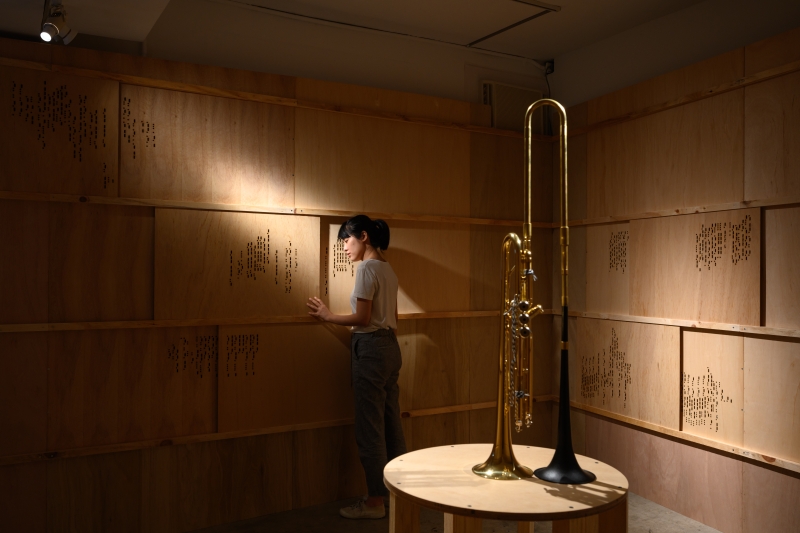
_0_1557731968361.jpg)
